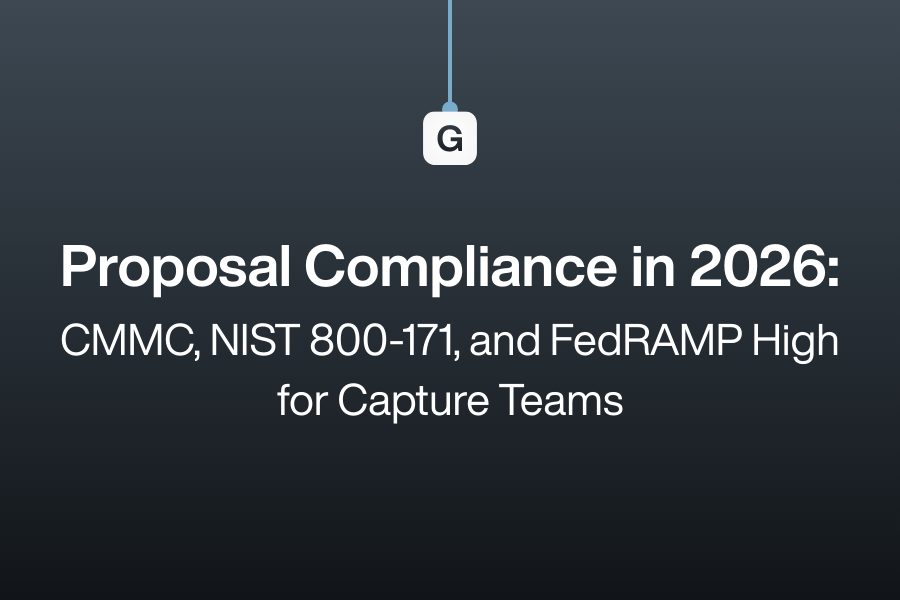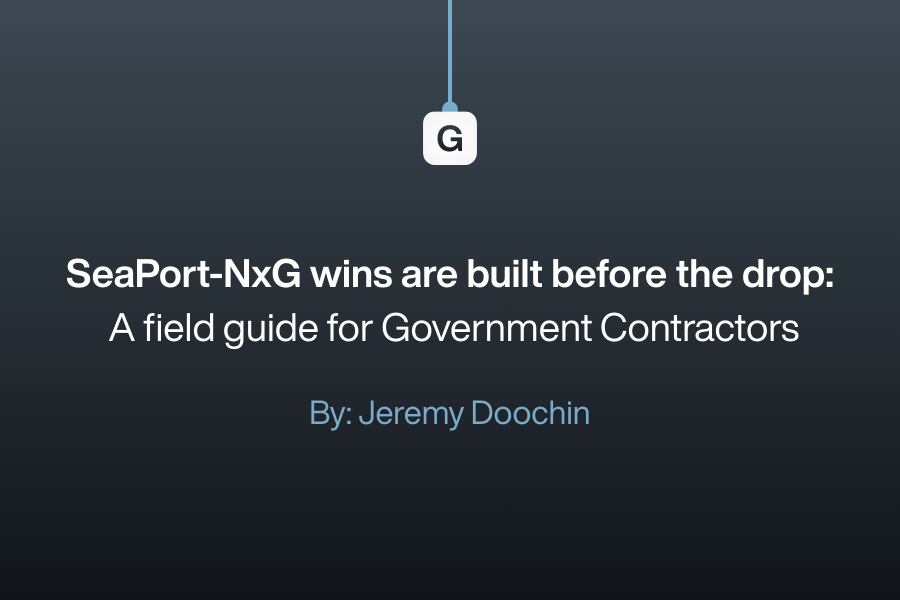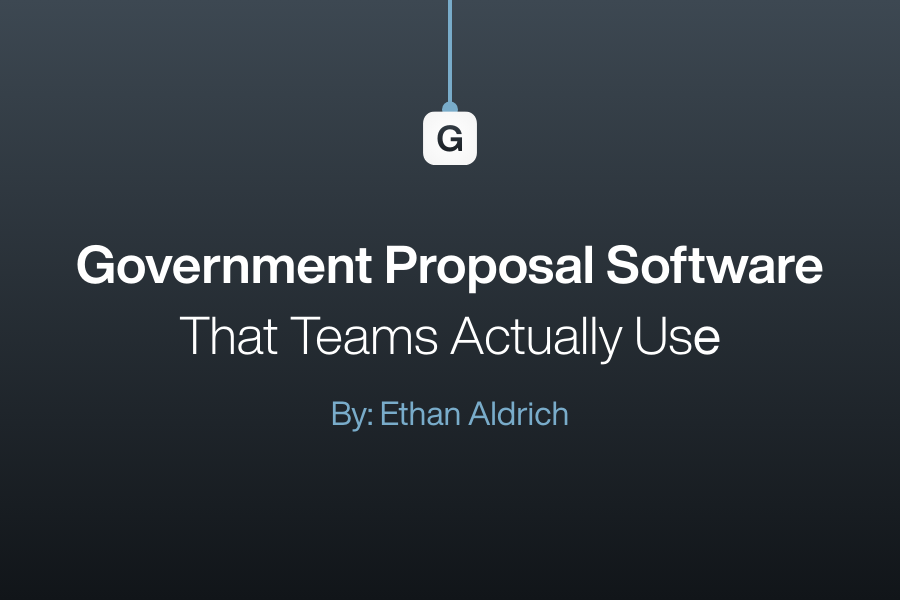For the first time in human history, we have an opportunity to scale our knowledge work output in ways we could never have imagined. Traditionally, with human-based knowledge work, delivery was based on the interaction of three concepts: Cost, Quality and Time. The general adage was “you can only pick two” for a deliverable because humans are confined to the linear processes of our brains. However, with the advent of new AI models, services, and data management approaches we no longer have to pick only two, we can demand all three.
When I first started running programs, I was constantly under stress because I couldn’t find balance among all the stakeholders and natural tensions that arise with rapid development. For example, one senior stakeholder would demand delivery in 3 months, but another stakeholder would state that the solution would have to meet certain regulatory requirements; however, upon diving deep, I would discover that to meet the regulatory requirements it would take approximately 6 months to complete the entire lifecycle. These binds were constant and as I continued to grow in my understanding of program management, I soon discovered the fundamental principles of Cost, Quality and Time.
When it came to developing proposals for federal procurement, I realized that managing the three principles was absolutely essential for consistently delivering winning proposals, and not burning through the Bid and Proposal charge number unnecessarily.
One point during my career, I had the amazing opportunity to learn lean manufacturing concepts directly from a Japanese Toyota Production System consultant. He opened my eyes to the concept of single piece flow and how to streamline human activities to deliver value to the customer based on the customer’s demand cadence. I realized that this mindset could be applied to every human-driven effort. I decided to focus my attention and effort on bringing lean manufacturing principles to proposal development.
As I worked with teams to streamline delivery, we were able to deliver more high-quality proposals with the same team; however, we could never scale ourselves past our natural bottleneck of the interactions with Cost, Quality and Time. At that time, I was very content with the increased output and the direct result to our team’s win-rate, but deep down I knew there had to be a better way.
Years later, 2023 arrives and OpenAI Chat-GPT is launched. I realize that what was missing in the proposal development process was AI-powered solutions that could shrink the content generation and requirements analysis gap to just minutes. Not just that, but quality outputs could be generated if a platform was properly orchestrated; and finally, if I compared the costs of hiring new proposal writers and executives to manage human-scaled proposal teams, then the costs for acquiring AI-powered software was significantly cheaper.
For the first time, I could choose all three options: Lower cost, higher quality, less time. This is a game-changing capability that will be delivered to companies throughout the world. The technology arrived that could lead the next evolution of human knowledge work.
It was the combination of lean manufacturing principles and the timing of AI-powered technology that led my co-founder and I to create GovSignals. We realized that companies could capitalize on this exciting technology and dramatically increase their quality proposal outputs in less time with less costs.
If you are working in the proposal development arena, this is an exciting time to pull in the power of AI and expand your team’s quality outputs. The teams that acquire and adopt AI-powered proposal generation solutions will consistently outperform legacy human-only teams. It’s the speed of AI computation + Human strategic thinking that brings about the jump in output.
As Roger von Oech stated,
“It’s easy to come up with new ideas; the hard part is letting go of what worked for you two years ago but will soon be out of date.”
Don’t let the previous mindset of proposal development stifle the new opportunity that has arrived for government contractors looking for federal contracts and academic institutions looking for federal grants.





